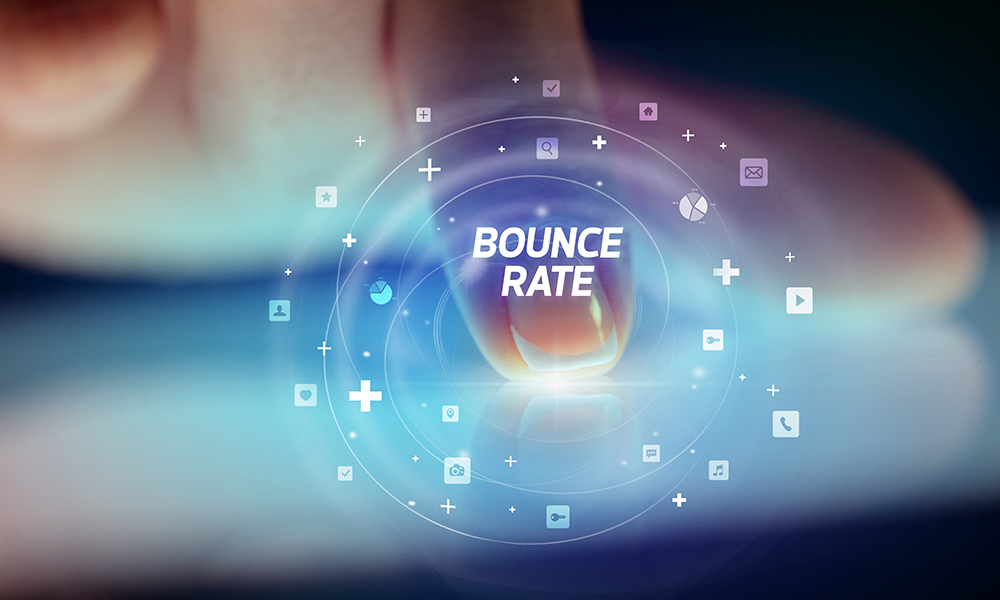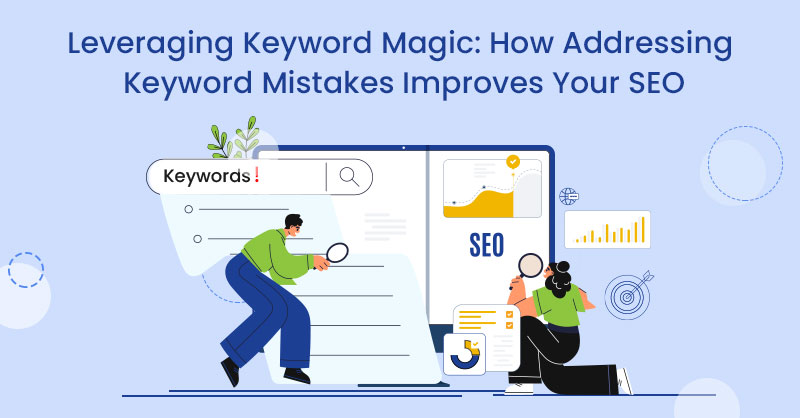Do you feel that a relationship exists between your bounce rate and your position in Google search results? Well, all indications point to a close relationship existing between the two. It has now been confirmed that Google considers the time spent by a visitor on a website as a measure of its importance and relevance. A back button click immediately after landing on your site by a visitor is considered by Google as disinterest for your site and therefore a bad search result!
Also on TechWyse:
How long does it take a website to rank on Google?
What Is A Good Analytics Bounce Rate?
What is Bounce Rate?
According to the Google Analytics documentation “Bounce rate is the percentage of single-page visits (i.e. visits in which the person left your site from the entrance page). Bounce rate is a measure of visit quality and a high bounce rate generally indicates that site entrance (landing) pages aren't relevant to your visitors." If your webpage has a high bounce rate for a search term then Google might lower your rankings and devalue your site for that search term
In simple terms, the bounce rate of your website is then the percentage of visitors who just see only one page of your site and leave immediately. It is an indication of the quality of traffic coming to your site. It is a judgment being passed by a visitor regarding the quality and usefulness of your website.
But on a positive note, it is also a way to help pin point pages that need improvements and where remedial actions need to be taken.
The conclusion that Google does factor in the bounce rate also as a part of its search algorithm has been arrived at after several tests by webmasters on their pages. Their findings suggest that Google indeed considers the bounce rate as an indicator of a site’s importance.
How to make your site search engine ready
As a high bounce rate is considered a measure of your site’s ineffectiveness, you need to improve the content and usability of your sites pages. If you can lower your bounce rate marginally with improved content and usability, you will witness a substantial improvement in conversion rates and attract more visitors through search engines. After all, Google and all other search engines intent is to provide the visitors with as accurate and relevant information as possible. If the visitors themselves ignore your site, the search engines will take note of it and obviously lower your site’s rankings.
There is therefore a need to reduce the bounce rate and improve conversion. But for this, the process should start from the website planning process itself and should be carried through the development & marketing stage. A reduced bounce rate also means increased site conversions and is a sign of online success for which every site owner should strive for.
So what are you waiting for? Time to start making those sites more conversion friendly -- apparently site design does matter!






